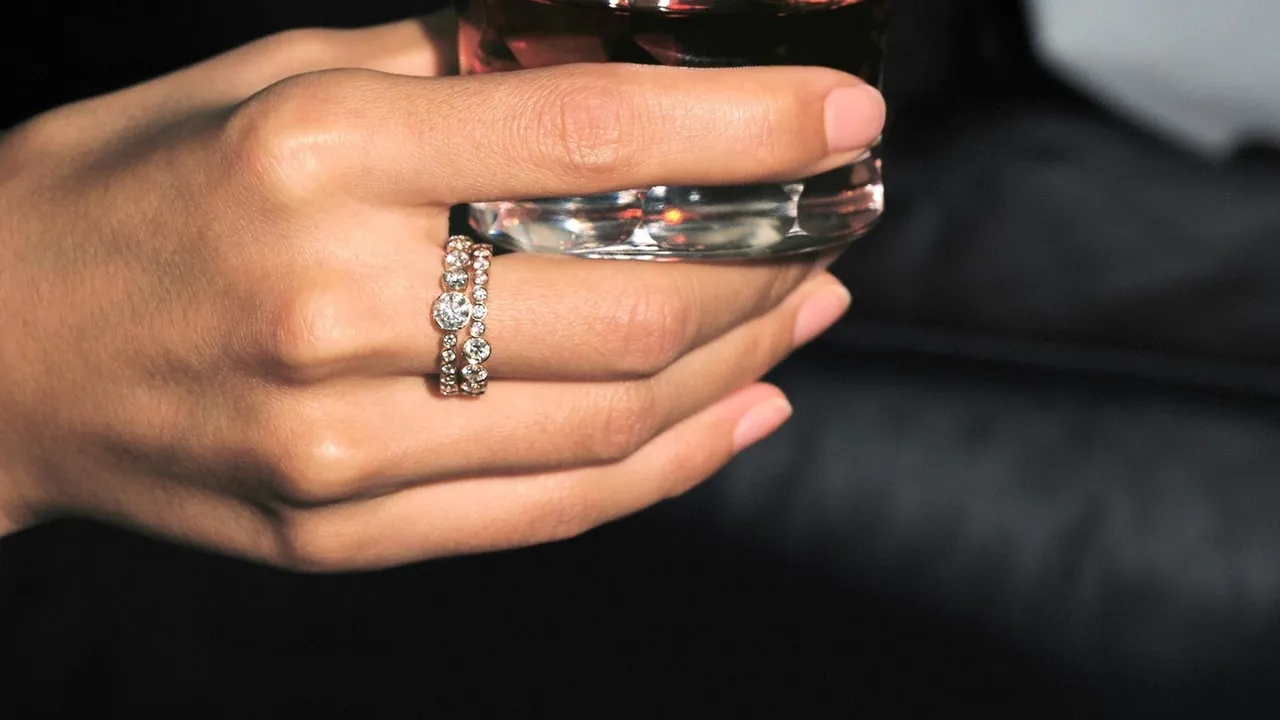
When it comes to selecting an engagement ring, many couples are increasingly prioritizing ethics and sustainability alongside aesthetics and price. This growing awareness has led to a surge in the demand for ethical engagement rings. But how does one navigate this path to ensure that the symbol of their commitment is both beautiful and ethically sourced? Here’s a comprehensive guide to help you find an ethical engagement ring that aligns with your values.
Understanding Ethical Engagement Rings
Ethical engagement rings are those that are sourced, produced, and sold in ways that respect human rights, minimize environmental impact, and often support social development. This encompasses several aspects, including the origin of the gemstones and metals, the working conditions of those involved in the production, and the environmental practices of the companies that manufacture them.
- Research the Source
The first step in finding an ethical engagement ring is understanding where the materials come from. Conflict diamonds, also known as blood diamonds, are mined in war zones and sold to finance armed conflict. To avoid these, look for diamonds that come with a Kimberley Process Certification, which ensures they are conflict-free. However, be aware that this certification has its limitations and may not cover all ethical concerns.
For a more rigorous certification, consider Fair Trade Certified diamonds and gemstones. These are mined under strict standards that ensure fair wages, safe working conditions, and environmental protection.
- Consider Lab-Grown Diamonds
Lab-grown diamonds are an excellent ethical alternative to mined diamonds. They possess the same physical, chemical, and optical properties as natural diamonds but are created in a controlled environment, significantly reducing the environmental and social impacts associated with mining. Additionally, lab-grown diamonds are often less expensive than their mined counterparts, allowing for more flexibility in your budget.
- Opt for Recycled Metals
Mining for precious metals like gold and platinum has significant environmental and social repercussions, including habitat destruction, water pollution, and poor working conditions. To mitigate these impacts, consider choosing an engagement ring made from recycled metals. Many jewelers now offer rings crafted from recycled gold, platinum, and other metals, which help reduce the demand for new mining operations.
- Choose Ethical Jewelers
Selecting a jeweler committed to ethical practices is crucial. Research jewelers who are transparent about their sourcing and manufacturing processes. Reputable ethical jewelers will often have detailed information on their websites about their commitment to sustainability and ethics. Look for certifications from organizations such as the Responsible Jewellery Council (RJC), which sets standards for responsible business practices in the jewelry supply chain.
- Think About Vintage and Antique Rings
Another sustainable option is to purchase a vintage or antique engagement ring. These rings are inherently eco-friendly since no new mining or manufacturing is required. Additionally, vintage rings often come with unique designs and craftsmanship that can’t be found in modern pieces. By choosing a vintage ring, you’re also adding a piece of history to your love story.
- Verify the Supply Chain
Understanding the entire supply chain of your engagement ring can provide assurance of its ethicality. Ask questions about the origins of the stones and metals, the labor practices involved, and the environmental policies of the companies. Ethical jewelers should be able to provide clear and detailed answers.
- Look for Eco-Friendly Packaging
The ethics of an engagement ring go beyond the ring itself. Consider the packaging as well. Opt for jewelers who use recycled or biodegradable materials for their packaging. This small step can further reduce the environmental impact of your purchase.
Conclusion
Finding an ethical engagement ring may require more effort and research, but the rewards are worth it. By choosing an ethically sourced ring, you are making a statement about your values and contributing to a more sustainable and just world. Remember to look for conflict-free certifications, consider lab-grown diamonds, opt for recycled metals, choose ethical jewelers, and explore vintage options. With these steps, you can ensure that your engagement ring is not only a symbol of your love but also a reflection of your commitment to ethical practices.



